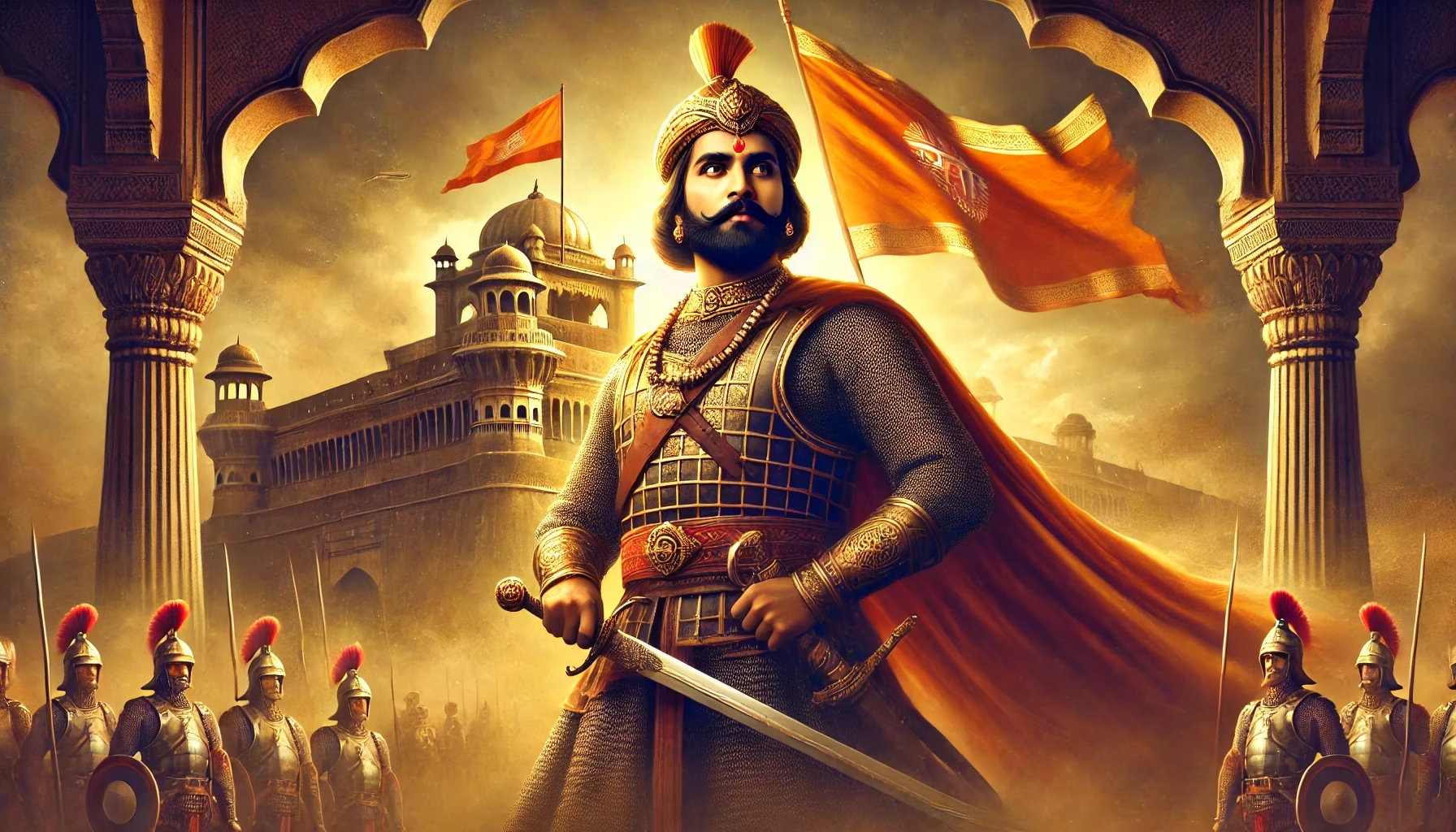Chhatrapati Shivaji Maharaj Jayanti, celebrated on March 17, 2025, marks the birth anniversary of one of India’s greatest warriors and the founder of the Maratha Empire, Chhatrapati Shivaji Maharaj. His extraordinary leadership, valor, and foresight laid the foundation for a strong and independent Maratha kingdom. This day is a moment of great pride and reverence for millions who admire his legacy and contributions to Indian history.
The Life and Legacy of Chhatrapati Shivaji Maharaj
Born on February 19, 1630, at the Shivneri Fort in present-day Maharashtra, Shivaji Maharaj was raised with the ideals of dharma, justice, and Swarajya (self-rule). Under the guidance of his mother, Jijabai, and mentor, Dadoji Kondadev, he developed the qualities of a great leader from a young age.
Shivaji Maharaj's vision was not just limited to military conquests; he envisioned a state where justice, religious tolerance, and prosperity prevailed. His administration was well-organized, with a focus on governance, efficient tax systems, and people-friendly policies.
Military Strategies and Achievements
Shivaji Maharaj revolutionized warfare with his guerrilla tactics, a strategy that proved highly effective against the mighty Mughal and Adilshahi forces. His key military achievements include:
- Establishment of the Maratha Navy: He understood the importance of maritime power and built a strong navy to protect India’s coastline from foreign invasions.
- Capture of Forts: His strategic conquests of forts like Torna, Rajgad, Sinhagad, and Pratapgad showcased his military brilliance.
- Coronation as Chhatrapati: In 1674, he was crowned as Chhatrapati at Raigad Fort, officially establishing the Maratha Empire.
- Escape from Agra: One of his most famous episodes was his daring escape from Mughal captivity in Agra in 1666, displaying his intelligence and courage.
Shivaji Maharaj’s Administration and Governance
Unlike many rulers of his time, Shivaji Maharaj emphasized good governance and the welfare of his people. Some key aspects of his administration included:
- Ashta Pradhan (Council of Ministers): A well-structured administrative body comprising ministers handling finance, foreign affairs, defense, and internal matters.
- Religious Tolerance: Though he was a devout Hindu, he respected all religions and ensured the safety of mosques and temples alike.
- Women’s Protection: He strictly prohibited the harassment of women and maintained a code of conduct for his soldiers.
- Land Reforms: He implemented fair taxation policies and encouraged farmers to cultivate their lands without fear.
Celebrations of Chhatrapati Shivaji Maharaj Jayanti
Chhatrapati Shivaji Maharaj Jayanti is observed with grand celebrations, particularly in Maharashtra. The day is marked by various events, including:
- Processions and Rallies: People dress in traditional attire, carry saffron flags, and participate in cultural processions.
- Lectures and Seminars: Scholars and historians conduct discussions on Shivaji Maharaj’s contributions.
- School and College Events: Students perform skits, speeches, and songs dedicated to the great warrior.
- Statue Decorations: Statues of Shivaji Maharaj across India are garlanded and honored with tributes.
Conclusion
Chhatrapati Shivaji Maharaj remains an eternal source of inspiration, embodying bravery, wisdom, and an unyielding spirit for independence. His ideals continue to guide millions who strive for justice, righteousness, and the welfare of society. As we celebrate his Jayanti, let us pledge to uphold his vision and legacy in every aspect of our lives.
Jai Bhavani! Jai Shivaji!


